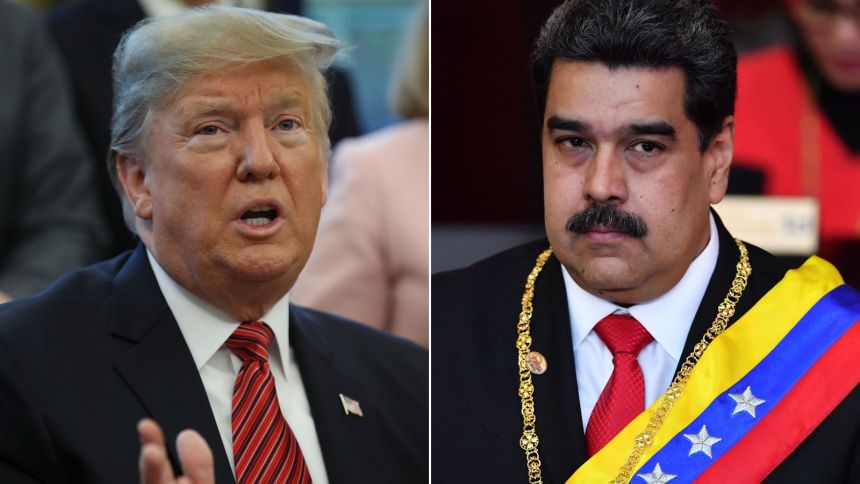The Commission of the Economic Community of West African States (ECOWAS Commission) has decried challenges encountered in processing job applications and scheduling interviews to fill existing vacancies occasioned by retirement and the exit of Mali, Niger, and Burkina Faso from the bloc.
Speaking yesterday at the opening of an Extraordinary Session of Council on Recruitment for ECOWAS Institutions in Abuja, the President, ECOWAS Commission, Dr Omar Alieu Touray, disclosed that the Commission had struggled in the last three years to fill vacancies in various ECOWAS institutions due to staff regulations that constrained management’s ability to administratively expedite the process.
Consequently, the extraordinary Council was set up to provide guidelines that will facilitate the process.
“It has therefore become necessary to refer to Council from time to time to help us untangle the web. We are very grateful to Council for the earlier waiver, which enabled us to have a shorter time frame for advertisements of vacant positions. With this, we have now published and received a sizeable number of applications.
“However, the challenge currently is with the processing of these applications and the scheduling of interviews. These have been slower than the rate of staff attrition due to an aging workforce, with an average annual loss of staff to retirement estimated at 13 personnel.”
President Touray informed that the volume of applications was beyond the capacity of the recruitment firms engaged earlier, largely due to the manual method used in processing the applications.
“Consequently, approval of the committee was sought to engage additional international independent recruitment firms to assist with an end-to-end recruitment exercise, while the Internal Services Department has been directed to accelerate the deployment of an e-recruitment system to fast-track the processing of applications.
“With the sudden departure of a large number of our workforce, who are nationals of the countries that exited from the organisation – Mali, Niger, and Burkina Faso – we are faced with the challenge of replacing them.
“We need Council to guide us in the equitable distribution of the vacant positions among all the member states, without sacrificing competence. As our staff regulations did not provide any guidance on how to allocate vacant positions to specific member states for the purpose of achieving equity, it has become necessary for Council to provide its guidance on the way forward,” Touray stated.
In his remarks, Chairperson of the Council, Alhaji Musa T. Kabba, said the meeting also served to discuss the allocation of statutory positions to member states.
He assured that the committee would be fair and inclusive to ensure that everyone is involved, particularly those with smaller populations or fewer resources.
“Our decisions must be grounded in due process, transparency, equity, and in alignment with the broader regional commitments, as building blocks to guarantee economic integration, regional peace, security, and our democratic tenets as a community.”
Also speaking, Nigeria’s Minister of State for Foreign Affairs, Ambassador Bianca Odumegwu-Ojukwu, said the exercise was crucial in ensuring that existing vacancies were duly filled to enable the organisation to operate optimally.
“Nigeria remains steadfast in its role as a dependable partner, ever ready to contribute meaningfully to the strengthening of our community institutions and to the realisation of the noble objectives for which this organisation stands.
“We believe that with collective effort and renewed dedication, we can build a more effective, responsive, and fully functional organisation that truly serves the aspirations of our region and beyond.”
The Minister had earlier called on the Adhoc Committee on Rotation of Statutory Positions to uphold fairness and inclusivity in sharing positions among member states. She cautioned that the aspirations of all member states, particularly those with smaller populations or limited resources, should not be undermined.
“Our engagement should be guided by the principles of regional solidarity, prioritising the collective interest of the community above national aspirations. In doing so, we will contribute to fostering deeper unity, mutual trust, and a shared sense of purpose among our citizens,” she said.






